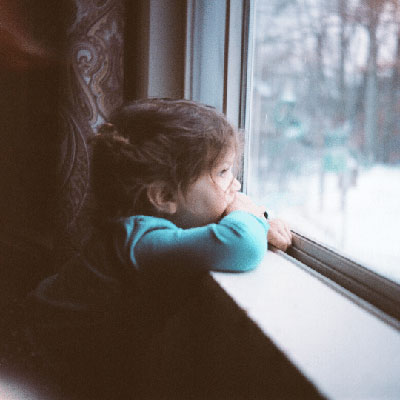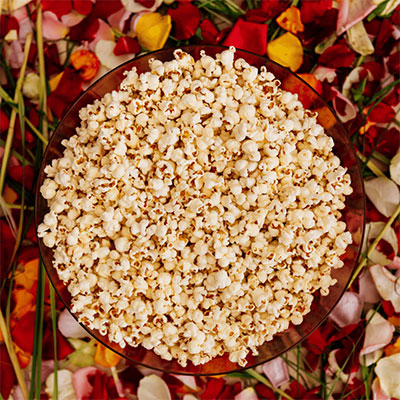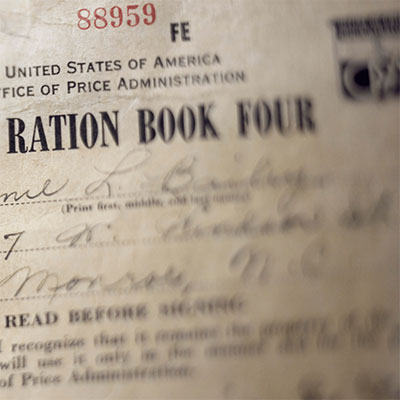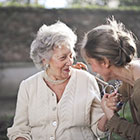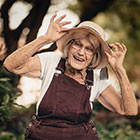Marian
Marian grew up during the Polio epidemic in the 1950s. She was 13 at the time and remembers the disease sweeping through children, teenagers, and young adults. Like today, they had to distance themselves from their friends and family. So Marian stayed inside, only occasionally playing outside with her brother and only in the backyard. No more swimming in the pool, no more walking to the creek. Because there was no internet at the time, they couldn’t attend classes. They didn’t even have a television. They quarantined for a year and a half before a cure was found.
We face difficult times again, and Marian hopes that her story offers some perspective to those of us who have never been asked to sacrifice our movement or social lives. For Marian, who grew up during wartime rationing, making sacrifices did not seem strange. “Times were tough,” Marian says. “But we didn’t know any different. You did what you had to do.”
As we continue to social distance, we can take comfort in the strength of past generations to make similar sacrifices for the good of their loved ones and community.
